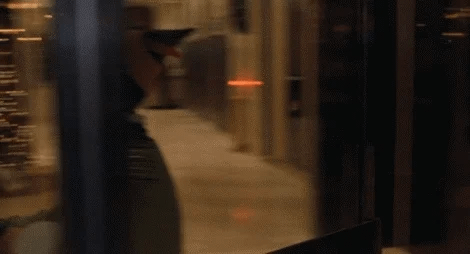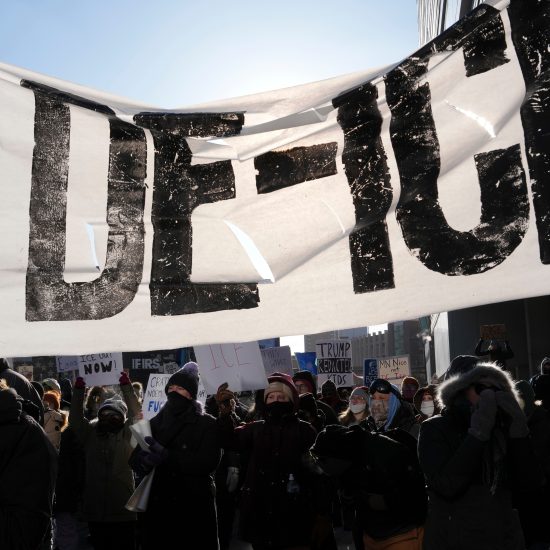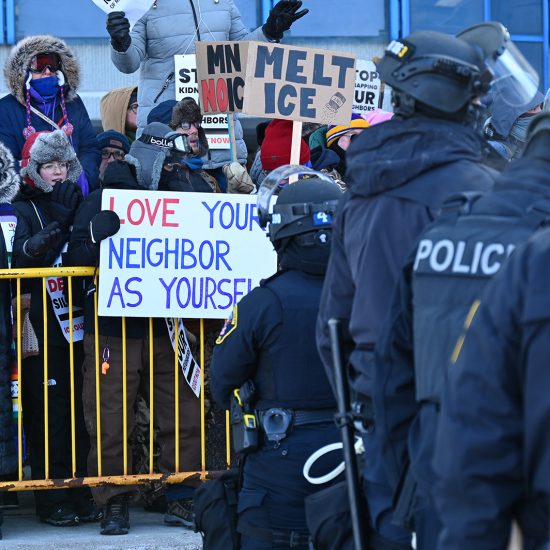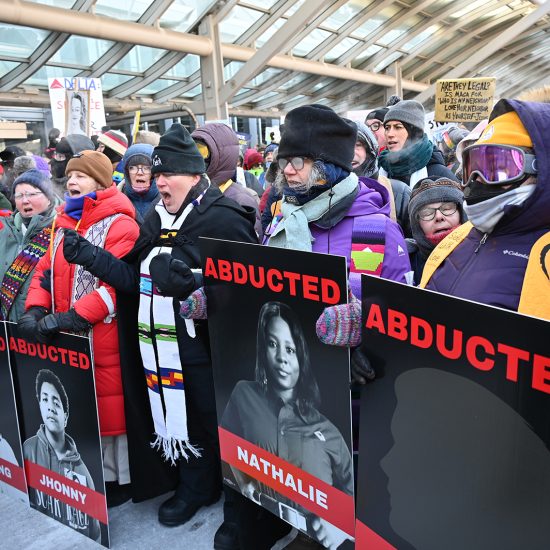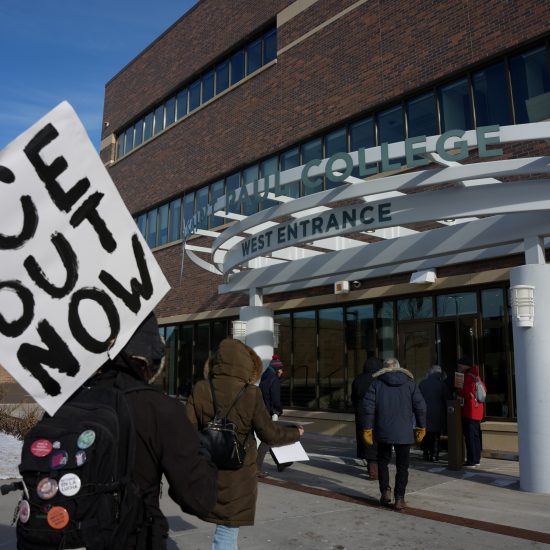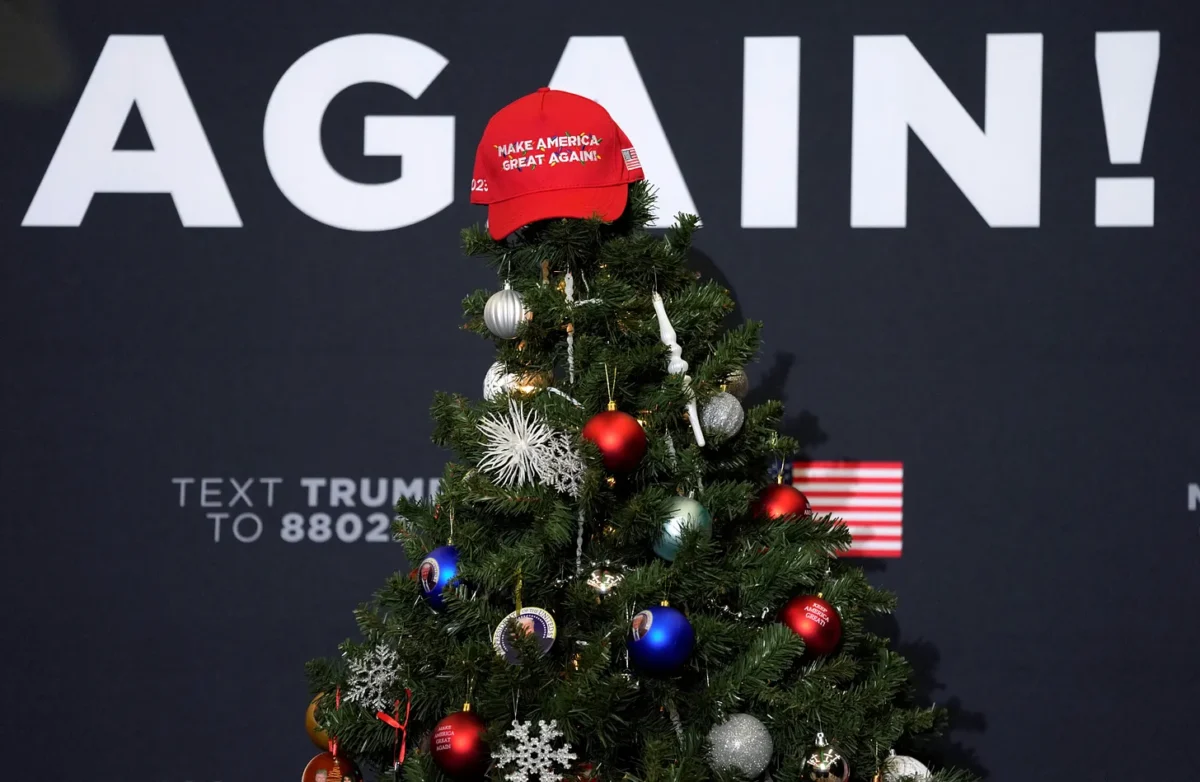
It seems the Christmas season starts sooner each year. Better start working on your wish list because it’s already arrived. No, Walmart hasn’t quite rolled out its trees and ornaments and the Christian radio station hasn’t yet switched over to classic wintery tunes. Those moves are still at least a couple weeks away. But even as an August heat wave toasts much of the nation, the annual Christmas wars have already started.
“She wants to get rid of two very special words,” former President Donald Trump claimed about Vice President Kamala Harris during his rally Saturday (Aug. 3) in Atlanta, Georgia. “She’s a lunatic. She wants to get rid of these two very special words. You remember? I used to bring it up all the time in 2016. By the way, we did much better in 2020 than we did in 2016. … We got millions of more votes, as you know. You know that too. But we’re not going to let that happen again. Ready? The two words are ‘Merry Christmas.’ She doesn’t want anybody saying ‘Merry Christmas.’”
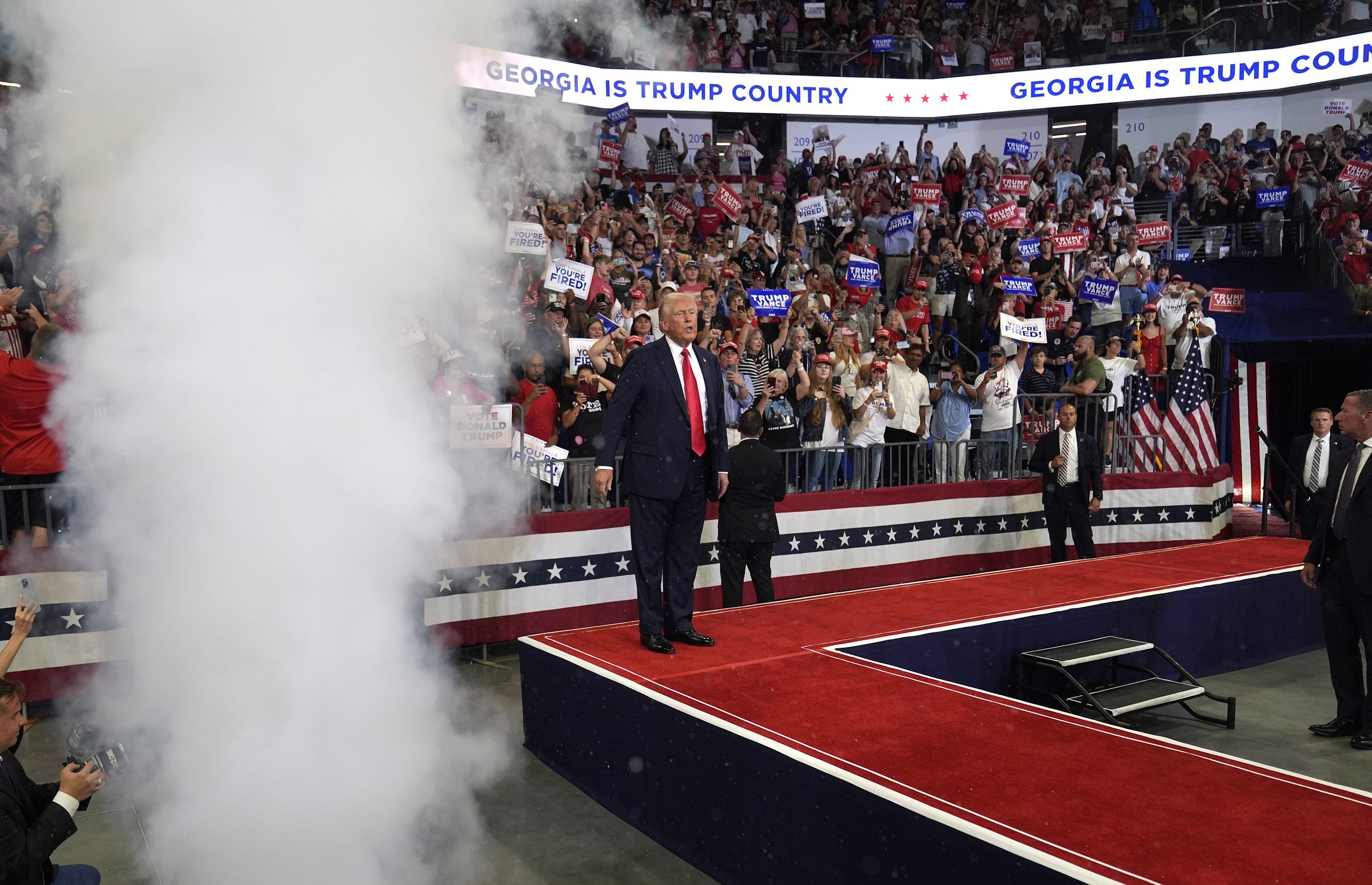
Former President Donald Trump arrives, as fog machines go off, to speak at a campaign rally in Atlanta, Georgia, on Aug. 3, 2024. (John Bazemore/Associated Press)
As Trump noted, he previously argued President Barack Obama had removed “Merry Christmas” and thus pledged to return the phrase if elected. The claims of a so-called “War on Christmas” weren’t new, but Trump elevated the culture war talking point. And what would you know, just a few weeks after Trump was elected in 2016, everyone started saying “Merry Christmas.” Oh, wait, that’s because the election occurs in November after the stores have already started putting up the Christmas sections (which is clearly a War on Thanksgiving).
Despite Trump’s claims about his predecessor being a Scrooge, Obama had actually wished people “Merry Christmas” in social media posts and speeches every single year. As NPR noted in 2017 after showing Obama, George W. Bush, and Bill Clinton had all wished people a “Merry Christmas” while president: “The reality is, as best we can tell, ‘Merry Christmas’ never left the White House.” But that didn’t stop the Grinch from complaining every year. Trump even spent his first Christmas Eve as president tweeting he had saved Christmas by stopping “the assault of our cherished and beautiful phrase” so people would say it again. So while kids were setting out milk and cookies for their parents Santa, he was complaining people weren’t thinking about him enough as the savior of Christmas.
Trump returned to “War on Christmas” rhetoric in 2020. Now, like a Santa Claus who shows up every election eve to deliver a stocking full of lies, he’s already adding the attack to his speeches against Harris. There’s only one problem. And if you’ve been paying attention, without even checking your list you already know who’s naughty and nice in this story. Yep, Harris does in fact wish people “Merry Christmas.” Not yet, of course, because it’s August. She’s not a monster. But the Baptist VP does wish people a “Merry Christmas” at the seasonally appropriate time. This “godless” liberal has literally tweeted out “Merry Christmas” every year she’s been vice president or a U.S. senator (and before then).
As Trump proves with his remarks about the 2020 election, he doesn’t let facts get in the way. So we can expect him to keep adding the Christmas argument into his stump speeches. He even shared a clipped video on Monday to suggest Harris was against people saying “Merry Christmas.” So this issue of A Public Witness grabs some tinsel and some lights to unwrap the “War on Christmas” rhetoric and rake the problematic attacks over the coals.
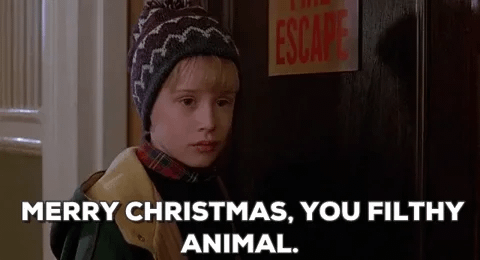
Ghost of Christmas Wars Past
The claims of a “War on Christmas” really took off in 2005. Fox News host John Gibson penned a book on the topic, The War on Christmas: How the Liberal Plot to Ban the Sacred Christian Holiday Is Worse than You Thought. His fellow Fox News hosts Bill O’Reilly and Sean Hannity also hit the topic hard on their shows. The key argument was that some stores were wishing people “Happy Holidays” instead of “Merry Christmas” while celebrating the festival to Mammon. The whole thing was absurd, stirred up by angry people looking around for something to yell about.
Bowtie-wearing commentator Tucker Carlson, then on MSNBC (after being canned by CNN but before being canceled by MSNBC and then being hired and fired by Fox News) chimed in, seeing the fighting as good: “It’s kind of heartening, I think for Christians to see this, all this outrage, all this fear at Christmastime, you know, Christmas tree, Christmas carol, ‘Silent Night’ … because it means that Christianity isn’t dead. It still has the capacity to scare people. It still gives people the creeps.” ’Tis the season to give people the creeps? Other than the mall Santa, the glee about a creepy Christmas feels a bit like we’d entered into an episode of The Twilight Zone.
It wasn’t just TV pundits. Some conservative pastors also enlisted for battle, joining the war at its official launch in 2005. A megachurch in Florida that year quickly put up a large banner to confront the so-called “War on Christmas.”
To HELL with the word Holiday; Put CHRIST back into “Christ”mas!
Nothing says bring your kids to our Christmas pageant like a banner with cursing. The co-pastors of that hellfire-and-mistletoe Florida megachurch were Randy and Paula White. They later divorced and she, now known as Paula White-Cain, is Trump’s main spiritual advisor, assuring us that God has ordained Trump to win and save America.
Randy defended the controversial banner at the time, declaring, “There is an out-and-out attack on Christianity and some of our Christian values.” Apparently saying “Happy Holidays” is an attack on Christianity. I didn’t realize what a godless communist Bing Crosby was when he sang “Happy Holiday” (and we definitely should boycott that hellish hotel chain). Of course, if White had bothered to look at the etymology of the word “holiday,” he would have discovered that it means “holy day.” So when someone says “Happy Holidays,” they are actually saying “Happy Holy Days.” What a horrible, secular thing to say! Perhaps before damning a word to Hell (to be conjugated and diagramed forever), White should at least study its meaning.
Over the next few years, the “War on Christmas” became a staple of the season along with church nativities, cranberry sauce at dinner, and TV marathons of A Christmas Story (you’ll shoot your eye out). But by a decade later, it had started to fizzle out a bit. Some conservative pundits and pastors still dreamed of ginning up Christmas conflict, but it wasn’t like the ones we used to know. Then Trump went down the escalator. Soon, the “War on Christmas” was great again.

Get cutting-edge analysis and commentary like this in your inbox every week by subscribing today!
Reason for the Season?
Trump’s rhetoric about saying “Merry Christmas” again was always weird. Not only was it false about Obama, but it also implied that someone couldn’t be president unless they said those two words. That Christian Nationalistic idea moves us closer to religious tests for office, which the U.S. Constitution expressly prohibits.
The whole “War on Christmas” rhetoric also misses the reason for the season. Turning Christmas into some sort of culture war flashpoint doesn’t actually help Christianity. Like so much of Christian Nationalism, the push is divisive and can encourage fake performative displays of Christianity divorced from the teachings of Jesus. That adventure in missing the point is seen now in how Trump is doubling down on his Christmas-themed attacks on Harris.
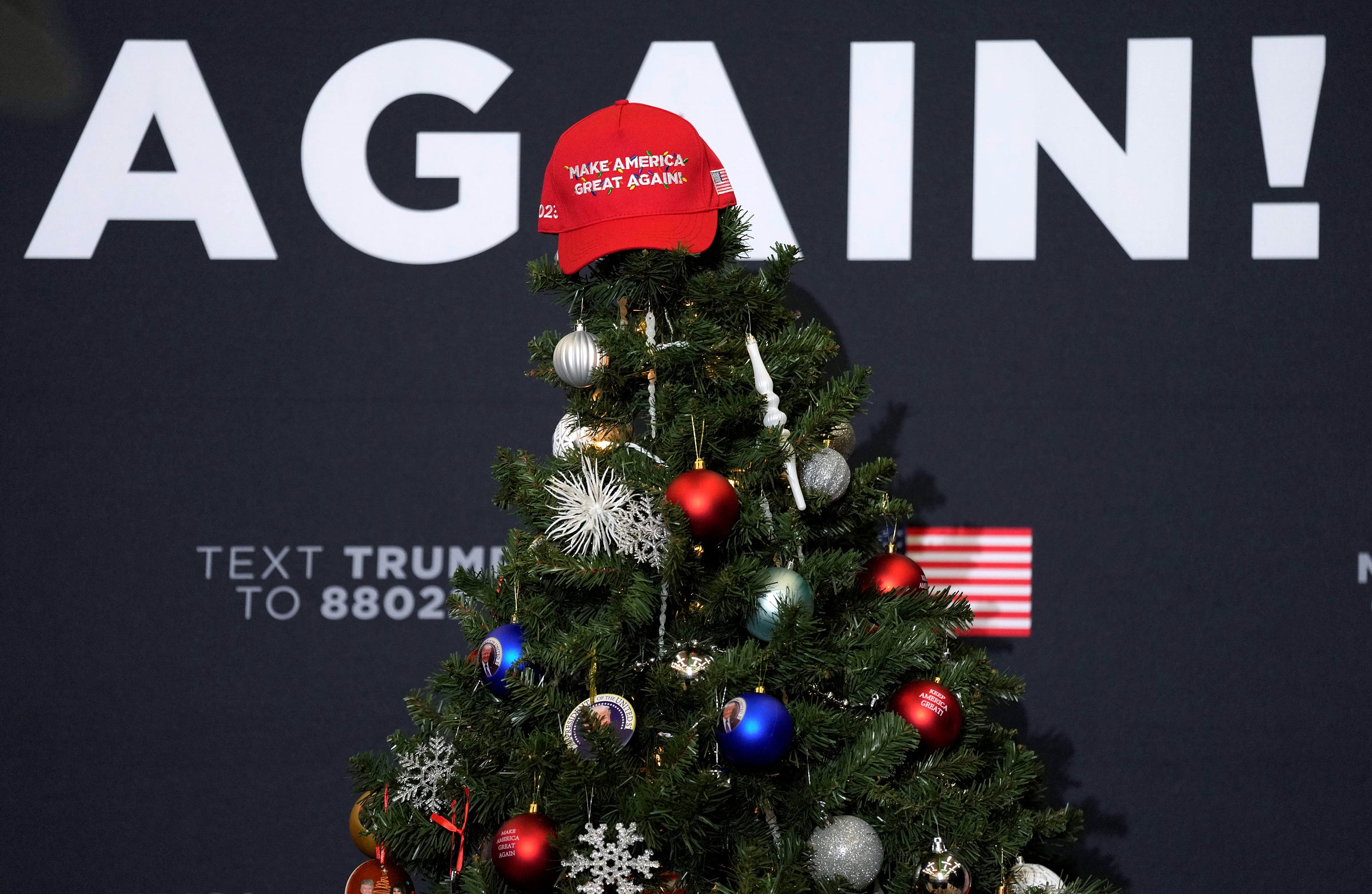
A Make America Great Again hat sits on top of a Christmas tree during a former President Donald Trump rally on Dec. 19, 2023, in Waterloo, Iowa. (Charlie Neibergall/Associated Press)
On Monday, Trump posted a video clip from Harris in 2017 criticizing people for saying “Merry Christmas.” He captioned the video, “SO TERRIBLE!” The clip came from resurfaced comments that had started making the rounds on conservative media sites (like Fox News and the New York Post). The remarks are from December 2017 after then-President Trump announced he would end the Deferred Action for Childhood Arrivals program that shielded some undocumented immigrants who came to the U.S. as minors from being deported. With Congress failing to reach a deal to replace DACA, then-Sen. Harris criticized her colleagues for going off to celebrate Christmas while ignoring the people protected by DACA.
“It is morally wrong. And when we all sing happy tunes and sing ‘Merry Christmas’ and wish each other ‘Merry Christmas,’ these children are not going to have a Merry Christmas,” she declared. “How dare we speak ‘Merry Christmas.’ How dare we? They will not have a Merry Christmas. They don’t know if they will be here in a matter of days, weeks, and months.”
Harris wasn’t saying people shouldn’t celebrate Christmas; she was criticizing the moral hypocrisy of people saying those two words while doing nothing to help people at risk of deportation — perhaps even to be deported during the holiday season.
One can disagree with her policy position and oppose her as president, but to suggest Harris is anti-Christmas is to deliberately twist her words out of context. Interestingly, her argument does get to the heart of the problem with the “War on Christmas” efforts of TV pundits and the former president. What really matters about Christmas isn’t saying it but living it.
That’s why each year at Word&Way, we run a seasonal newsletter, Unsettling Advent. We’re tired of the domesticated versions of the Christmas story. So we annually invite about 20 writers to join us in reflecting on the unsettling news of the year and the echoes in the first Advent. We’ve considered things like Advent in a time of insurrection (2021), a time of refugees (2022), and a time of bloodshed in Israel (2023). In our award-winning devotionals, we’ve also looked at issues of racism, violence, political uncertainty, and more. We’ll be back this year with another round of daily devotionals (starting Dec. 1, but you can get in the Christmas spirit and sign up for free today).
As we’ve seen through the unsettling devotionals of writers from across the nation and around the world, Christmas isn’t about yelling at people to say two words. It’s about hope coming into the world. It’s about two very special words: good news.
As a public witness,
Brian Kaylor

